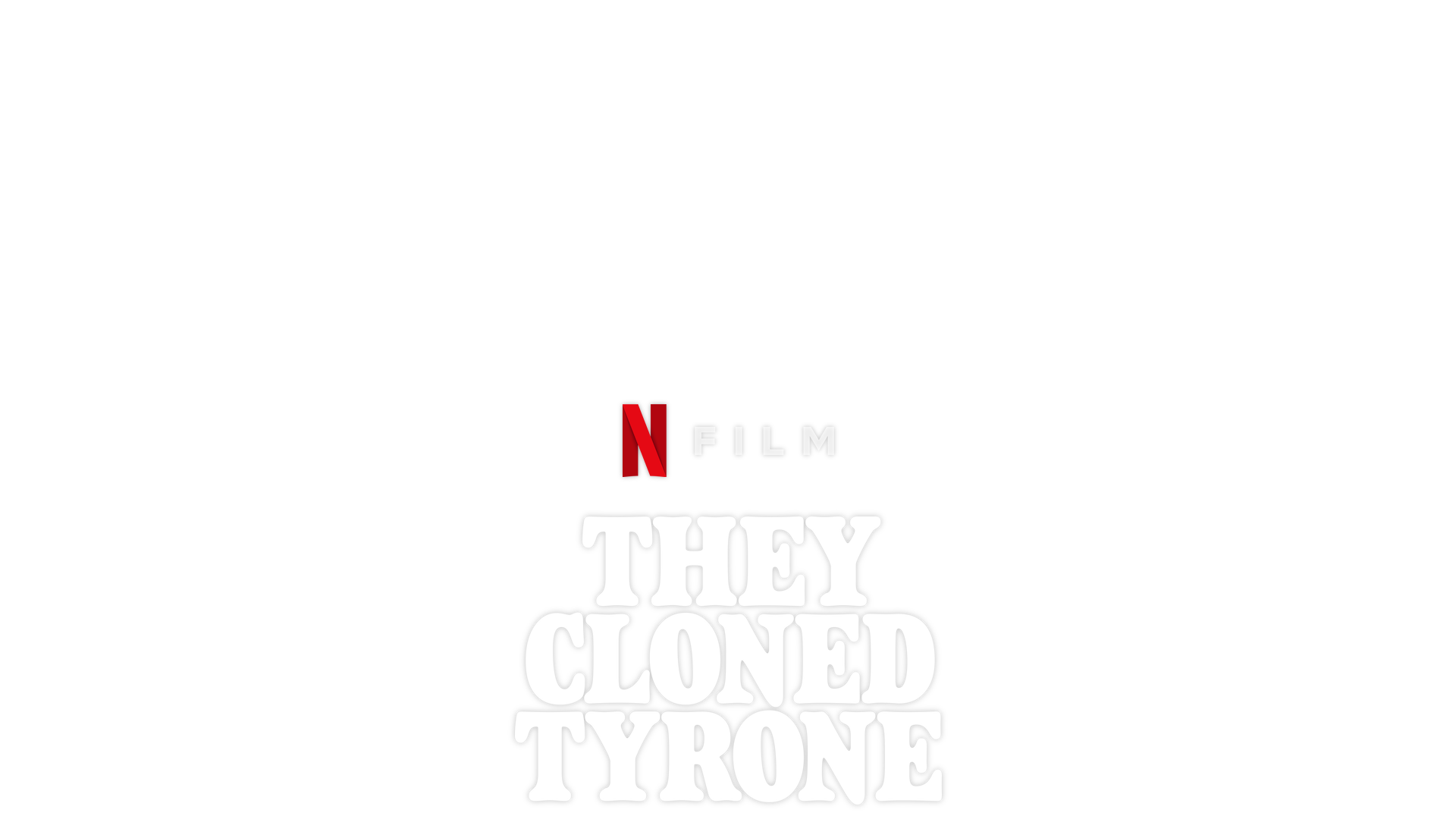In the world of pop culture and technology, the idea of cloning Beyoncé has sparked immense curiosity among fans and scientists alike. The concept of replicating one of the most iconic figures in music history raises numerous questions about ethics, innovation, and the future of human cloning. This article aims to delve into the possibility, feasibility, and implications of cloning Beyoncé, while also exploring the myths surrounding this topic.
Beyoncé, often hailed as the Queen of Contemporary Music, has left an indelible mark on the entertainment industry. Her influence transcends music, permeating fashion, activism, and pop culture. The idea of cloning her, however, is not just about replicating her physical form but also about understanding the science and ethics behind such a possibility.
This article will explore the scientific aspects of cloning, the ethical dilemmas it presents, and the cultural implications of cloning a global icon like Beyoncé. We will also examine the myths and misconceptions surrounding the topic, providing a comprehensive analysis for readers interested in this fascinating subject.
Read also:Tobey Keith The Journey Of A Country Music Legend
Table of Contents
- Beyoncé: A Brief Biography
- What Is Cloning?
- Is Cloning Beyoncé Possible?
- Ethical Considerations of Cloning
- The Scientific Process of Cloning
- Cultural Impact of Cloning a Celebrity
- Common Myths About Cloning
- The Future of Cloning Technology
- Controversy Surrounding Beyoncé Cloning
- Conclusion
Beyoncé: A Brief Biography
Beyoncé Giselle Knowles-Carter, born on September 4, 1981, in Houston, Texas, is one of the most celebrated artists in the world. Her journey in the music industry began at a young age, and she quickly rose to fame as the lead singer of Destiny's Child. After the group disbanded, she embarked on a successful solo career, earning numerous accolades, including multiple Grammy Awards.
Beyoncé's Key Achievements
Beyoncé's contributions to music and entertainment are unparalleled. Below is a summary of her key achievements:
- 28 Grammy Awards (as of 2023)
- Global sales exceeding 100 million records
- Iconic performances at major events like the Super Bowl halftime show
- Advocacy for social justice and women's rights
| Full Name | Beyoncé Giselle Knowles-Carter |
|---|---|
| Date of Birth | September 4, 1981 |
| Place of Birth | Houston, Texas, USA |
| Occupation | Singer, Songwriter, Actress, Producer |
| Spouse | Jay-Z (Shawn Carter) |
What Is Cloning?
Cloning refers to the process of creating an exact genetic replica of an organism. It involves the use of advanced biotechnology techniques to replicate the DNA of a living being. Cloning can be achieved through various methods, with somatic cell nuclear transfer (SCNT) being the most widely used technique.
Types of Cloning
There are three primary types of cloning:
- Reproductive Cloning: Produces a genetically identical organism.
- Therapeutic Cloning: Creates embryonic stem cells for medical research and treatment.
- DNA Cloning: Involves replicating specific DNA segments for scientific purposes.
Is Cloning Beyoncé Possible?
The idea of cloning Beyoncé raises intriguing questions about the feasibility of such a project. While cloning humans is theoretically possible, it remains a highly controversial and legally restricted practice. The technology required to clone a human being has advanced significantly since the cloning of Dolly the sheep in 1996, but ethical and legal barriers remain significant obstacles.
Cloning Beyoncé would require access to her genetic material, which is not publicly available. Furthermore, the ethical implications of cloning a celebrity without their consent would likely lead to widespread criticism and legal challenges.
Read also:Dariacuteo Sepuacutelveda A Comprehensive Guide To His Life Career And Achievements
Ethical Considerations of Cloning
Cloning raises numerous ethical concerns, especially when it involves human beings. Below are some of the key ethical considerations:
- Identity and Individuality: Clones may face challenges in establishing their own identity, as they would be genetically identical to the original person.
- Consent: Cloning a person without their explicit consent violates fundamental human rights.
- Psychological Impact: Clones may experience psychological distress due to societal expectations and comparisons with the original individual.
The Scientific Process of Cloning
The process of cloning involves several intricate steps. Here's a brief overview of how cloning works:
- Harvesting Cells: A somatic cell is extracted from the organism to be cloned.
- Nuclear Transfer: The DNA from the somatic cell is transferred into an enucleated egg cell.
- Stimulation: The egg cell is stimulated to begin dividing, forming an embryo.
- Implantation: The embryo is implanted into a surrogate mother for gestation.
While the process is well-documented, challenges such as low success rates and potential health issues in clones remain significant hurdles.
Cultural Impact of Cloning a Celebrity
Cloning a celebrity like Beyoncé would have profound cultural implications. Fans might view the clone as a replacement for the original artist, leading to debates about authenticity and originality. Additionally, the media would likely sensationalize the event, potentially overshadowing the scientific and ethical aspects of cloning.
Public Perception
Public perception of cloning a celebrity would likely be divided. Some might see it as a groundbreaking achievement, while others might view it as a violation of privacy and human dignity. The cultural impact would depend on how the cloning process is framed and communicated to the public.
Common Myths About Cloning
Misconceptions about cloning abound, often fueled by science fiction and media portrayals. Below are some common myths and the truths behind them:
- Myth: Clones are exact duplicates of the original person.
Truth: Clones share the same DNA but are influenced by different environmental factors, leading to variations in appearance and behavior. - Myth: Cloning is a quick and easy process.
Truth: Cloning is a complex and time-consuming procedure with a low success rate. - Myth: Clones are less intelligent or capable.
Truth: Clones have the same potential for intelligence and abilities as any other human being.
The Future of Cloning Technology
The future of cloning technology is uncertain but promising. Advances in genetic engineering and biotechnology continue to push the boundaries of what is possible. However, ethical guidelines and regulations must evolve alongside these advancements to ensure responsible use of cloning technology.
Potential applications of cloning include:
- Organ transplantation
- Genetic research
- Conservation of endangered species
Controversy Surrounding Beyoncé Cloning
The idea of cloning Beyoncé has sparked controversy among fans, scientists, and ethicists. Critics argue that cloning a celebrity without their consent is a violation of privacy and human dignity. Others believe that cloning could diminish the uniqueness and authenticity of the original artist.
Legal challenges would also arise, as cloning a public figure could lead to disputes over intellectual property rights and image usage. The controversy highlights the need for clear ethical guidelines and regulations governing human cloning.
Conclusion
The concept of cloning Beyoncé is both fascinating and complex, raising important questions about science, ethics, and culture. While the technology to clone a human being exists, the ethical and legal barriers make it unlikely to happen in the near future. This article has explored the scientific aspects of cloning, the ethical considerations, and the cultural implications of cloning a global icon like Beyoncé.
We invite readers to share their thoughts and opinions in the comments section below. If you found this article informative, please consider sharing it with others. For more articles on cutting-edge topics, explore our website further and stay updated on the latest developments in science and technology.


